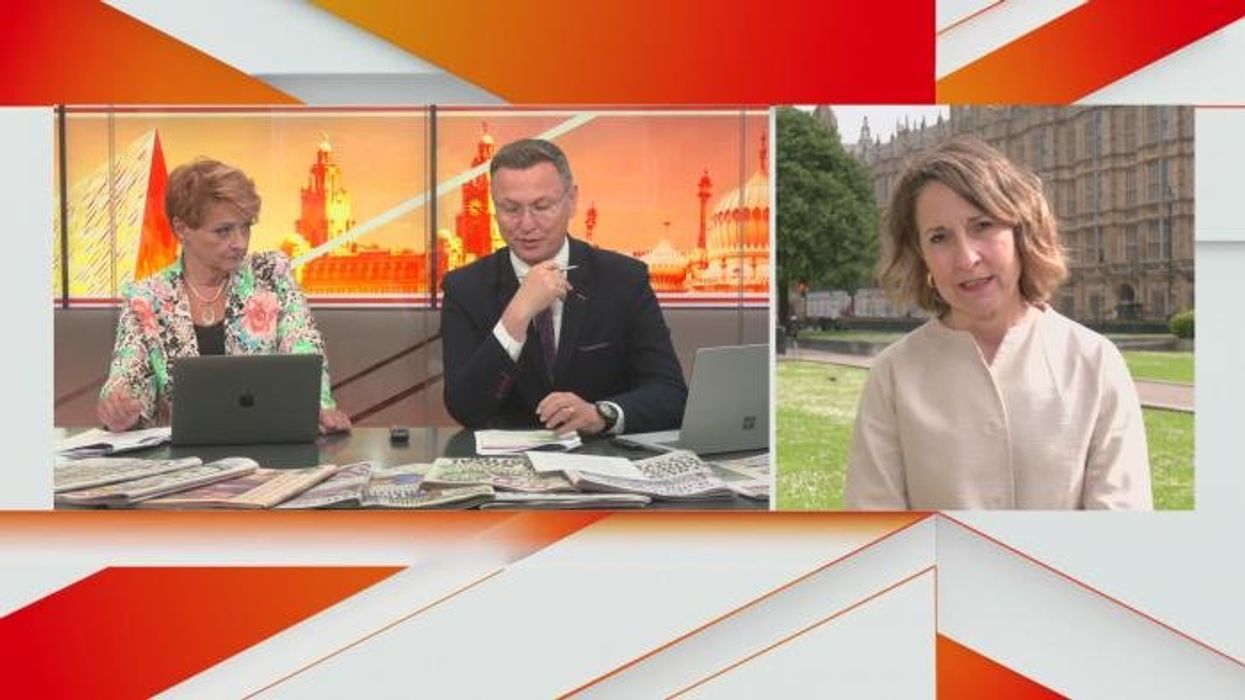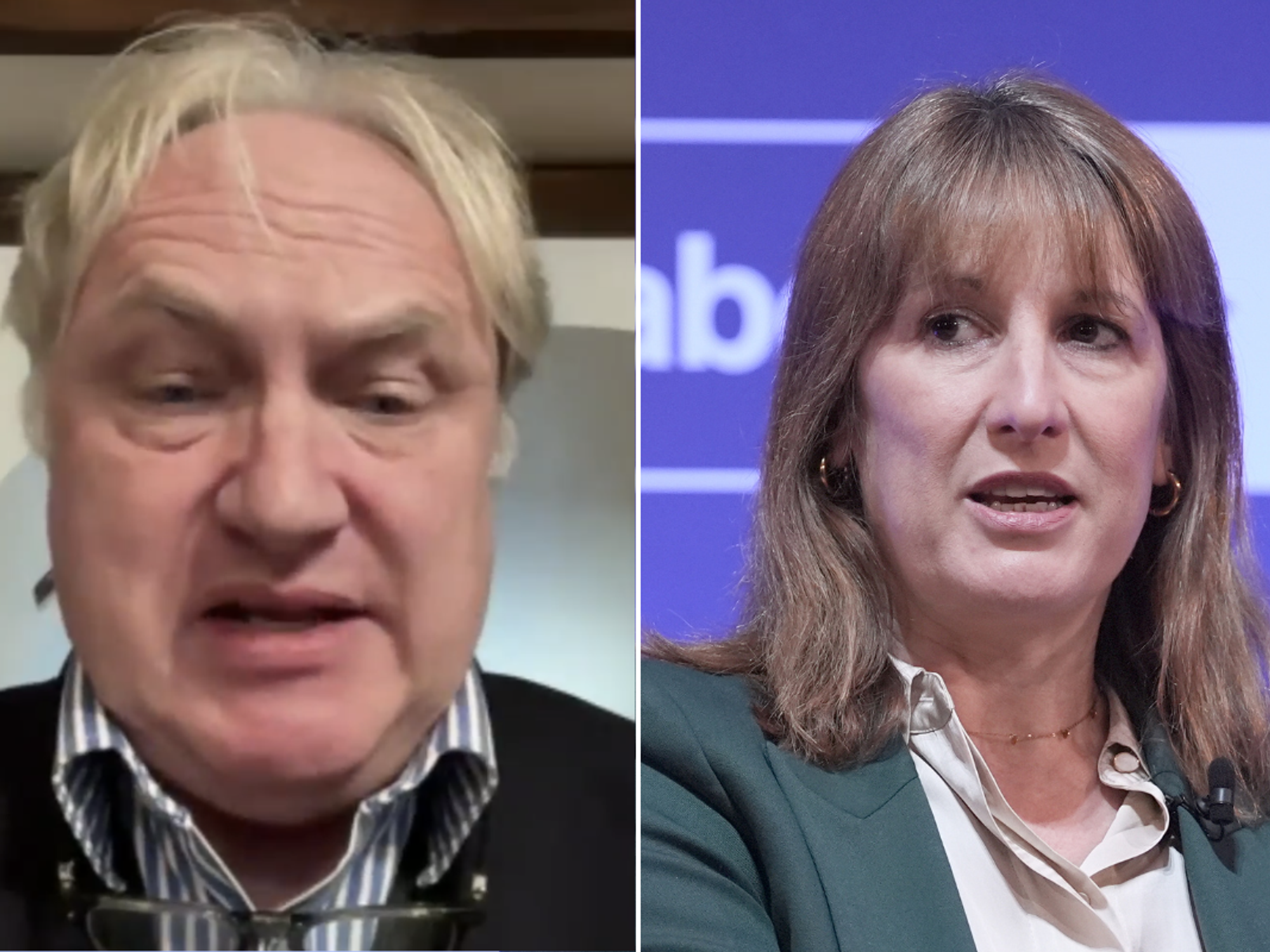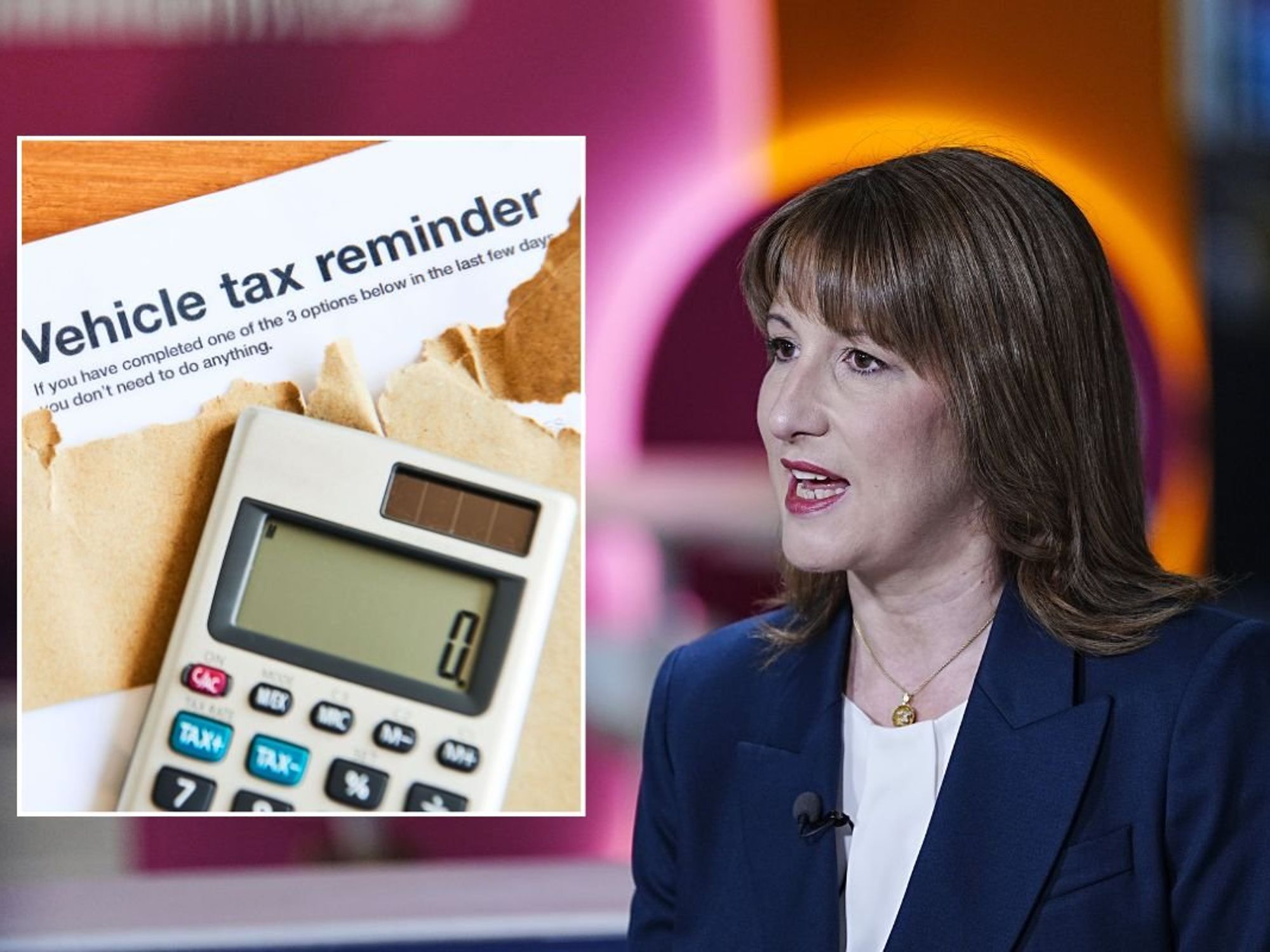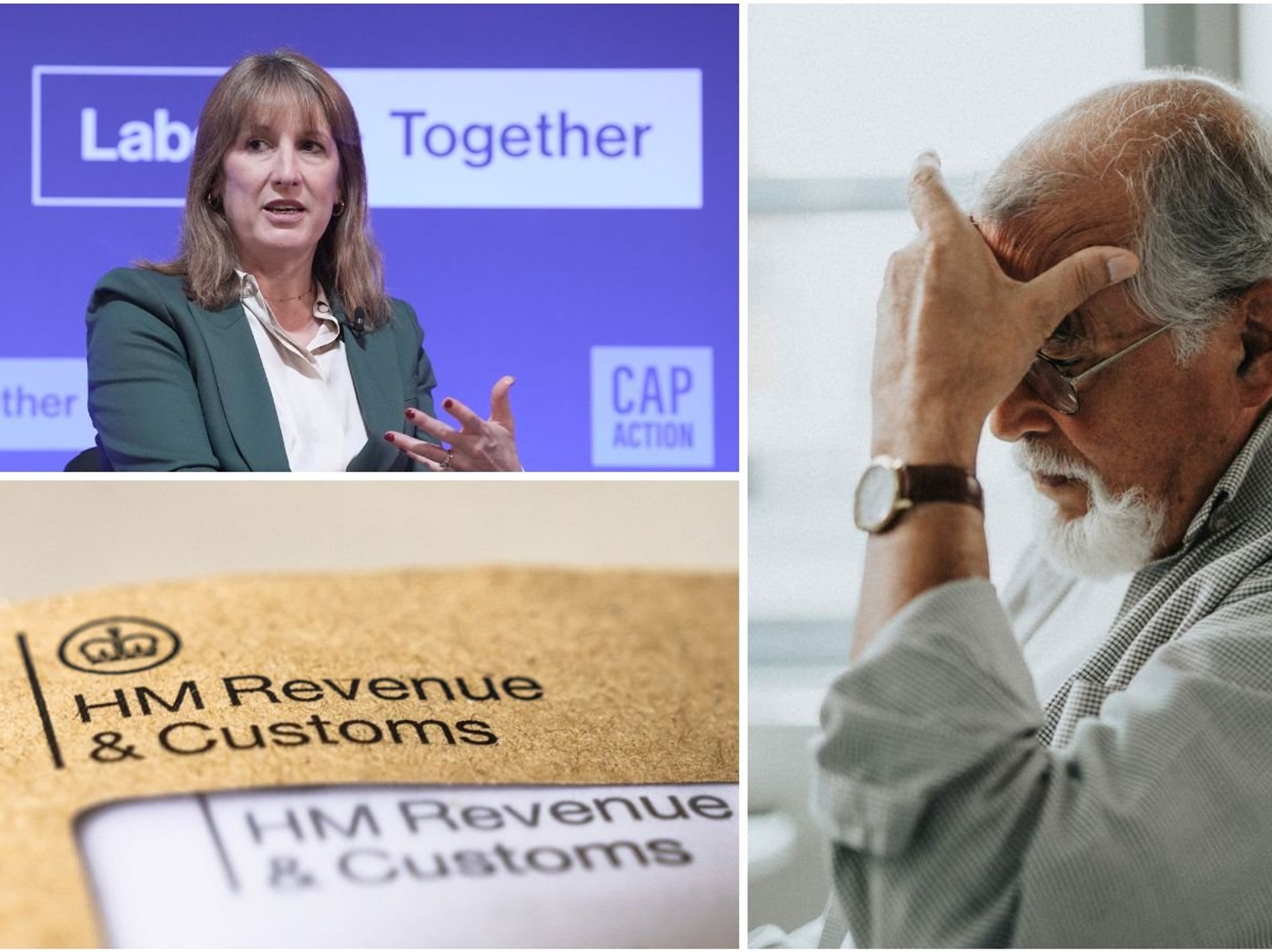Pensioners to be 'clobbered' with £1,000 tax hit as Rachel Reeves accused of 'mental gymnastics' over Budget plans

The Chancellor's reported tax plans could hand workers a break but leave pensioners footing the bill
Don't Miss
Most Read
Latest
Pensioners could be left more than £1,000 worse off under Rachel Reeves’ reported tax plans, experts have warned.
The Chancellor has been accused of "playing mental gymnastics" as she looks for ways to raise billions without breaking Labour’s election pledge not to increase taxes on working people.
Pensioners could see their annual tax bills rise by up to £1,000 if the Chancellor goes ahead with plans to raise income tax while cutting National Insurance by two percentage points, according to Investment platform AJ Bell.
Under the proposal, employees and the self-employed would see little or no change, as the cut in National Insurance would cancel out the income tax rise.
Pensioners, however, would be hit hardest. Because they do not pay National Insurance, they would face higher income tax rates without any offsetting benefit.
AJ Bell’s figures show that a retiree with an annual income of £35,000 would pay almost £450 more in tax, while someone on £65,000 would see their bill rise by more than £1,000.
The difference comes down to eligibility. Those in work benefit from the National Insurance reduction, but retired people do not. A worker earning around £35,000 – roughly the UK’s average salary – would see no change to their take-home pay, and the same would apply to a self-employed person with similar earnings.
Tom Selby, director of public policy at AJ Bell, criticised the Chancellor's approach, stating: "Labour's pledge not to increase rates of income tax, National Insurance or VAT for 'working people' has left chancellor Rachel Reeves playing mental gymnastics in her increasingly desperate attempts to balance the books without completely abandoning the manifesto commitments Sir Keir Starmer was elected on."
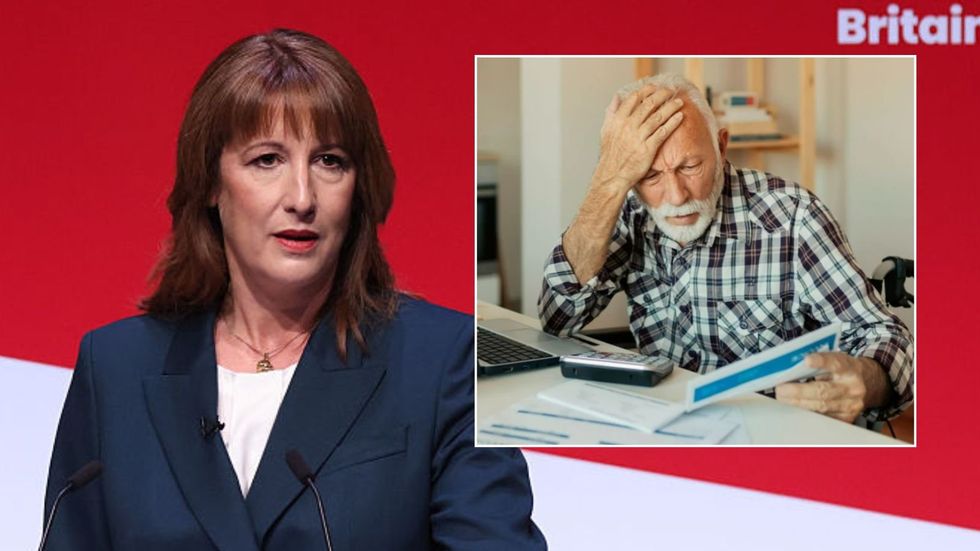
Retiree with an annual income of £35,000 would pay almost £450 more in tax
|GETTY
He warned that pensioners would be "clobbered under the plans" whilst the government attempts to maintain its election promises. Mr Selby described the proposal as a "contortionist act" involving a "two up, two down" adjustment to taxation rates.
Mr Selby suggested the Chancellor could claim to protect working people's pay packets despite breaching Labour's commitment not to raise income tax rates.
He noted: "While this would be a clear breach of Labour's promise not to raise income tax rates, Ms Reeves could still claim to be protecting the pay packets of 'working people' because a similar NI cut would effectively cancel out the impact for employees and the self-employed, assuming it is applied across the board."
LATEST DEVELOPMENTS:

The Chancellor's reported tax plans could hand workers a break but leave pensioners footing the bill
| GETTYThe policy expert acknowledged that targeting pensioners would prove controversial, particularly following the Winter Fuel Payment controversy, but suggested it might represent "the least bad option" for generating the substantial revenue required.
The Chancellor might pursue more aggressive measures by aligning National Insurance rates between employed and self-employed workers, according to Selby.
He highlighted that pensions minister Torsten Bell, now an influential government figure, previously championed this approach whilst at the Resolution Foundation.

Without extending the proposed NI reduction to self-employed workers, they would face greater exposure to income tax increases
| GETTYSelf-employed individuals currently contribute six per cent NI on profits between £12,570 and £50,270, compared to employees' eight per cent rate.
Without extending the proposed NI reduction to self-employed workers, they would face greater exposure to income tax increases.
Mr Selby cautioned that such measures could prompt "accusations of being anti-growth" but might be considered acceptable given the government's fiscal constraints.


